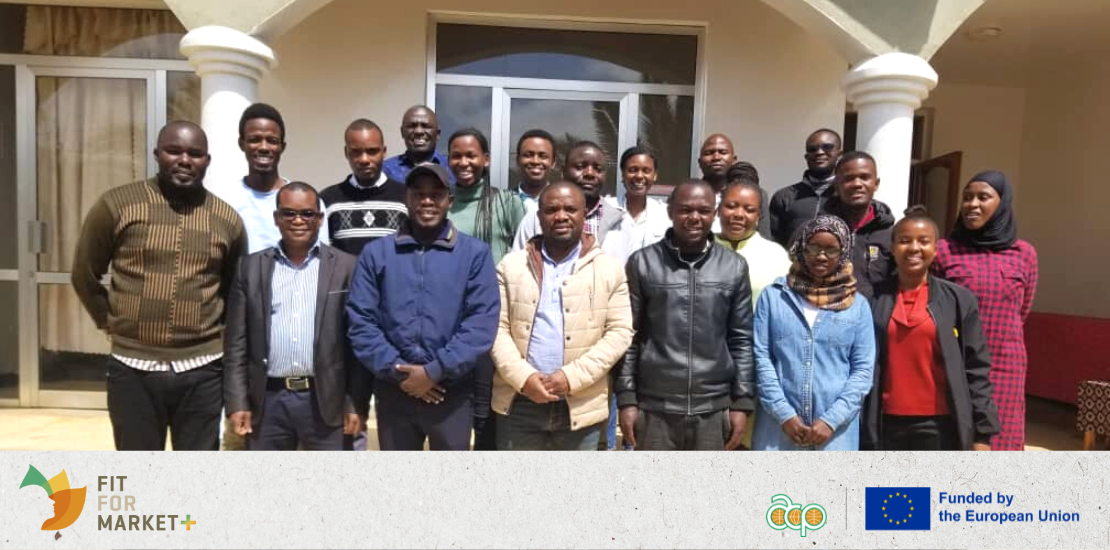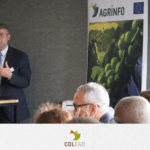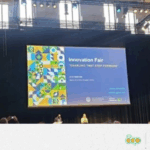Tanzanian Horticultural companies trained in Food Safety Management
- 05/09/2023
- Posted by: Sandra Borma
- Category: Corp EN

The Fit for Market Plus programme recently organised a four-day collective training session on “Principles of Food Safety Quality Management System and Traceability” in the Southern Highlands of Tanzania, specifically in Njombe, from the 22 to 25 August 2023.
This training aimed to enhance the skill and capacities of the technical and compliance staff of horticultural companies, including farm managers, agronomists, production managers, harvesting managers, processing and packaging managers and quality and traceability managers in Food Safety Quality Management System to meet the requirements of the markets. The training brought together participants from different exporting companies in Tanzania that are benefiting under COLEAD’s FFM+ programme.
The training covered main components of a functional food safety quality management system, including internal and external audits, training protocols, quality manuals, equipment usage, hygiene practices, crop protection, and traceability. It also delved into the key food safety quality management standards in horticulture, their scope, and the markets that require these standards amongst other relevant topics during the four-day training session.
To equip participants with practical tools for their operations, they were guided in preparing a draft of a food safety quality management system, which they presented during the training session. The insights gained during the training will contribute to enhancing their company’s operations to meet food safety compliance schemes and market requirements.
This activity is supported by the Fit For Market Plus (FFM+) programme implemented by COLEAD as part of the development cooperation between the Organisation of African, Caribbean, and Pacific States (OACPS) and the European Union.
This publication receives financial support from the European Union and the OACPS. The content of this publication is the sole responsibility of COLEAD and can in no way be taken to reflect the views of the European Union or the OACPS.





